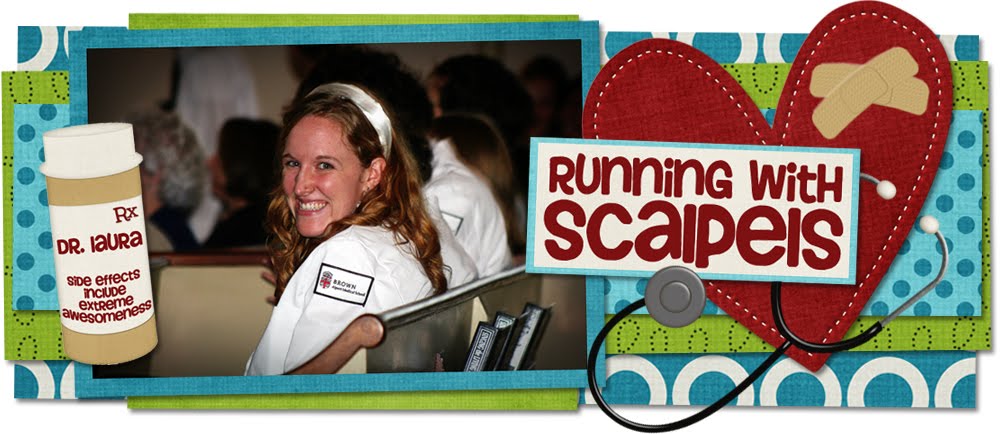At 5pm yesterday, I got a call. So did a patient who'd been waiting for months for a lung transplant; and who had only months to live without it. A few hours later, I boarded a small jet to fly 700 miles to accompany our surgeon who would harvest the lung from the donor patient.
On the plane ride down, the surgeon handed me the donor's medical file to review. It was sad- the donor was young and healthy, just unlucky. Reading the "social history" was difficult, finding out what they did for work, their recent travel, who they lived with. This was a real person whose lung we were going to take. I reasoned that the donor's death is inevitable and heart-breaking, but the fact that we are able to bring some good to other people from a death is incredible. I'd rather be inspired by what we
can do for the recipient in this situation than depressed by all the things that we couldn't do for the donor.
I also read the recipient file on the way down. It was another sad, unlucky story but hopefully one with a happier ending.
I'd never even heard of a "procurement" before yesterday- that's what we call it when all the teams fly in from around the country to take their organ of interest from the donor. I like how
Wikipedia defines procurement in the business sense. A bunch of people trying to be as fair as possible about an extremely scarce resource. Very accurate.
When we arrived in the OR of the donor, there were already 5 other surgeons at the table working. Liver, pancreas, kidneys, intestines, heart, lung- every organ had a dedicated surgeon (or two) working side by side to mobilize it and prepare to remove the organ. Surgeons aren't known for their patience or ability to share well, but I have never seen surgeons who were as patient, helpful and kind to one another as these guys. There were 6 surgeons sharing one scrub tech (the assistant who hands all of them instruments), which is pretty crazy. The operating table was packed, so the anesthesiologist let me stand on a step up by the patients head to look over the whole operating field easier. It was the most fascinating thing I have ever seen. For some reason, I felt very compelled to look down at the patient's face again and again even though it was shielded from the surgeons below. I felt like I somehow owed it to the donor to remember their face. And every time I looked at a surgeon, I could sense that each of them was thinking of their recipient's face. They weren't harvesting organs for some random, anonymous person- each of them was getting their organ for someone who they'd known and and worked with for months/years. They were all eager, in a very genuine and pure way.
The surgery was incredible to watch. Every organ was mobilized while the anesthesiologist keeps the patient's heart and lung going just like any other patient. When everyone was ready, the heart and lungs were stopped. At that moment, every surgeons' clock began ticking. Every organ has a certain "shelf life" ranging from 4-24 hours of the amount of time from when the donor's heart stop pumping blood through it until the recipient's heart needs to be pumping blood through it again. Otherwise the organ dies, and there's nothing you can do. So the moment that the heart stopped, at 1:13am, every surgeon grabbed their organ, prepped it however they needed to and began the mad rush to the airport with their respective Igloo ice chests. We had a 4-6 hour window to get the lung to the airport, back to our hospital, and into our patient.
To be part of the transplant from beginning to end was amazing. AMAZING. To see the lung when we first opened the donor's chest, and then to see it take its first breath in its new home was awe-inspiring. It was so beautiful and meaningful that I almost (
almost) didn't notice that I'd been up for 30 hours. Hopefully I'll write more about this later, but I wanted to get the experience down on
paper internet before I started to forget. I'm 100% certain now- it's a surgeons's life for me.













 This blog was created by RV Designs using elements by Libby Weifenbach.
This blog was created by RV Designs using elements by Libby Weifenbach.